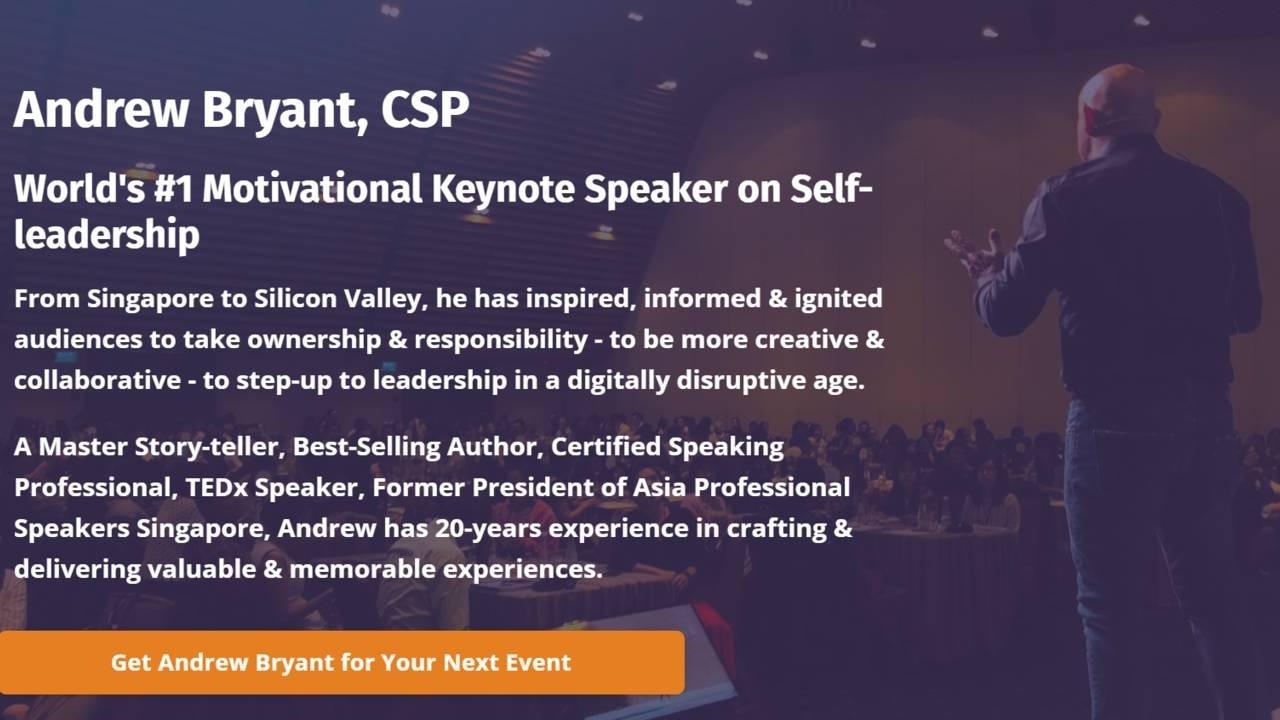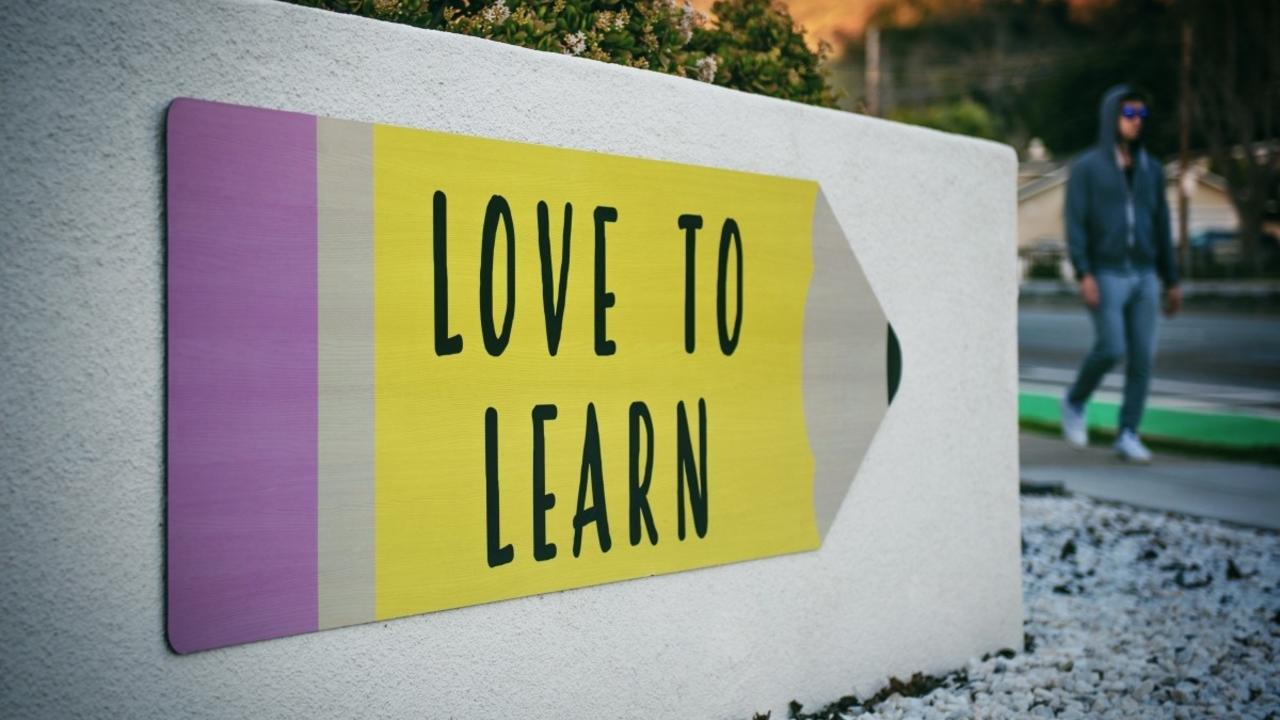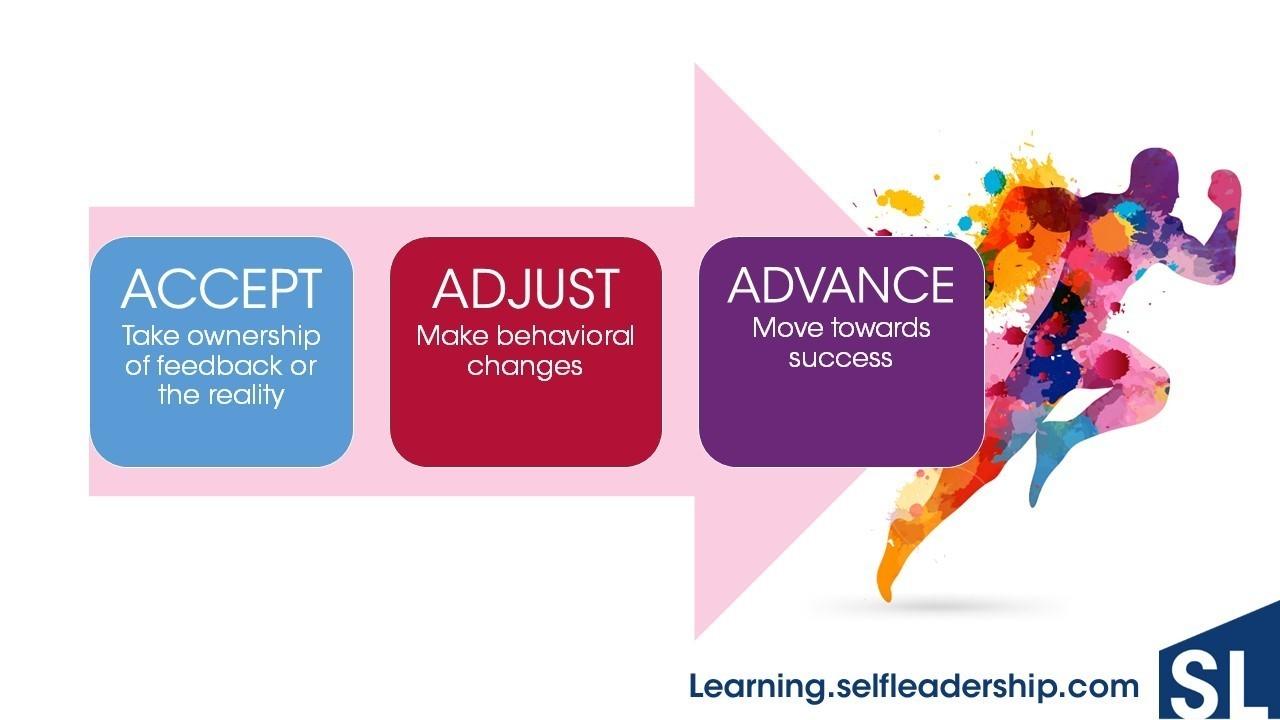An Extra-Ordinary Woman shows Self-leadership
Feb 01, 2020
Be the Hero in your Story
Jan 29, 2020
9 Critical Leadership Truths
Jan 21, 2020
Planful about your Leadership Legacy
Jan 20, 2020
Tribal Psychology and Self-leadership
Jan 13, 2020
Change your Inner Dialogue
Mar 14, 2019
How to Bounce Back after a SetBack
Mar 14, 2019











